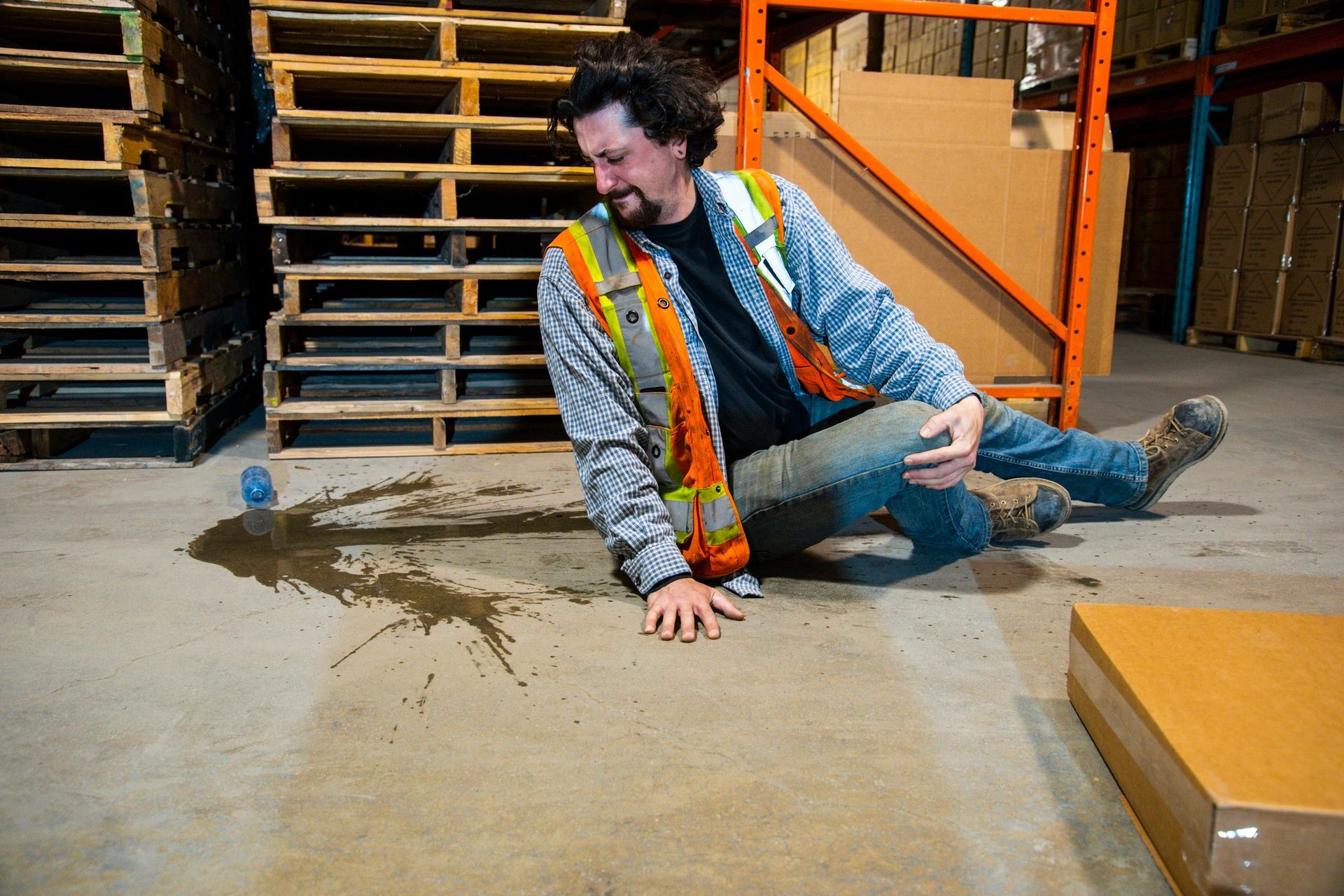A RARE WEATHER EVENT--AGAIN
A Rare November Hurricane
A RARE NOVEMBER HURRICANE
Tropical Storm Nicole hit the Eastern Coast of Florida as a Category I hurricane on Thursday, November 10, 2022. Parts of Florida still recovering from the catastrophic Hurricane Ian were once again battered by high winds, heavy rain, and flooding. As Nicole moved into Georgia, some areas were bracing for 1-3 inches of rain. Several north Georgia school districts canceled classes due to the heavy rain. The rain may also threw a wrench into some Friday plans across metro Atlanta; Marietta canceled its annual Veterans Day Parade. Atlanta-based Delta canceled nearly 150 of its Thursday flights, according to FlightAware.com. That includes more than 75 flights at Hartsfield-Jackson International Airport, many of them to and from Orlando and other airports in Florida. Car accidents due to the heavy rain and wind gusts have been reported around Atlanta.
THE EFFECTS OF CLIMATE CHANGE
Nicole's surge was more destructive than those of similar storms in the past because seas are rising as the planet’s ice melts due to climate change, according to Princeton University climate scientist Michael Oppenheimer. Higher coastal flooding is flowing deeper inland, and what used to be once-in-a-century events will happen almost yearly in some places. With the center of the storm about 70 miles (115 kilometers) southwest of Macon, Georgia, and maximum sustained winds at 35 mph (55 kph), forecasters issued a string of tornado warnings in North and South Carolina, although no touchdowns or damage were reported immediately. Much of both states and Virginia were under a tornado watch. So far, 5 deaths are attributed to Nicole.
COP27
While states along the southeast coast of the U.S. are being hit with yet another rare weather event, the United Nations Climate Summit, COP27, is occurring at the other side of the world. COP27 takes place in Sharm El-Sheikh, Egypt and marks 30 years since the United Nations Framework Convention on Climate Change (UNFCCC) was adopted and seven years since the Paris Agreement was agreed at COP21. An annual event, the ‘Conference of the Parties’ or ‘COP’ brings together the governments which have signed the UNFCCC, the Kyoto Protocol or the Paris Agreement.
The world cannot rely on emissions reductions alone to fight climate change — it’s clear from ongoing extreme weather that some impacts are inevitable. Yet adaptation receives less than mitigation and far below what’s really needed to build resilience. At COP26, wealthy countries pledged to double adaptation finance; at COP27, they must show how they’re going to do it and ensure it reaches the communities that need it most. Negotiators must also better define the Paris Agreement’s Global Goal on Adaptation, including prioritizing adaptation projects led by local communities. Around half of the world’s population is ‘highly vulnerable’ to the impacts of climate change, with those in highly vulnerable regions already 15 times more likely to die due to floods, droughts, and storms compared to regions with very low vulnerability.
The National Adaptation Plan (NAP), details approaches to reduce vulnerability, build capacity to adapt and increase resilience, and to integrate climate adaptation into policies and planning at a national level.
WHAT THIS MEANS FOR GEORGIA
Climate adaptation means moving beyond resilience to the active planning and implementing of strategies locally to reduce the impacts of climate change. Cooling strategies to reduce heat islands can help communities adapt. Louisville, KY, is the fastest growing urban heat island in America due to a lack of tree cover and the prevalence of dark, dense surfaces such as asphalt, concrete, brick, and metal. To reduce future climate risks, Louisville is performing a surface materials inventory so that city managers can take action where heat relief is most needed. Heat-reducing solutions include strategic tree planting, using cooler roof technologies (green, white, and reflective roofs) and adding more porous sidewalks and other green infrastructure. Georgia was the first state to add cool roofs to its energy code, allowing a reduced roof insulation level if a cool roof with a 75 percent minimum solar reflectance and 75 percent minimum thermal emittance is installed. Florida also gives cool roofs credit in its building energy code. Buildings using a roof with 70 percent minimum solar reflectance and 75 percent minimum thermal emittance are eligible to reduce the amount of insulation needed to meet building efficiency standards, as long as a radiant barrier is not also installed in the roof area.
The impacts of climate change on the southeastern U.S. are both seen and unseen. Some climate change impacts, such as sea level rise and extreme downpours, are being acutely felt now. Others, like increasing exposure to dangerously high temperatures—often accompanied by high humidity—and new local diseases, are expected to become more significant in the coming decades.
Increasing population also places stress on the environment, as well as making the impacts of climate change felt more acutely. Metropolitan Atlanta has been swiftly growing, adding 69,200 residents in just one year. At the same time, many rural counties in the South are losing population. These trends toward a more urbanized and dense Southeast are expected to continue, creating new climate vulnerabilities but also opportunities to adapt as capacity and resources increase in cities.
The impacts of climate change on water infrastructure also need to be addressed. Infrastructure related to drinking water treatment and wastewater treatment may be compromised by climate-related events. The development of “green” water infrastructure (using natural hydrologic features to manage water and provide environmental and community benefits), such as the strategies promoted in the City of Atlanta Climate Action Plan, is one way to adapt to future water management needs. Implementation of these strategies has already resulted in a reduction in water consumption in the city of Atlanta, relieving strain on the water utility and increasing resilience.
Sea level rise due to melting glaciers and increased precipitation is a much-talked about phenomenon, and is already occurring. Georgia’s coastal areas such as Hilton Head Island, Tybee Island, and Savannah are huge tourist attractions, and they are extremely vulnerable to flooding. Sea level rise is already causing an increase in high tide flood events in the Southeast region and is adding to the impact of more extreme coastal flooding events. In the future, this flooding is projected to become more serious, disruptive, and costly as its frequency, depth, and inland extent grow with time.
WHAT WE CAN DO NOW
While mitigation—reducing carbon emissions and greenhouse gas output—is crucial, we are now at a point where adaptation is equally essential. All of us need to become educated in the climate change impacts most likely to affect our area, and engage in adaptation policy and planning. International summits such as COP27 are important, but they cannot replace local efforts. When a hurricane, even a category I hurricane, hits us in November, we should all take note and commit ourselves to securing a less vulnerable future.
If you or someone you know has been injured from an accident, contact Dave Thomas at The Thomas Law Firm for a free evaluation of your legal rights.








